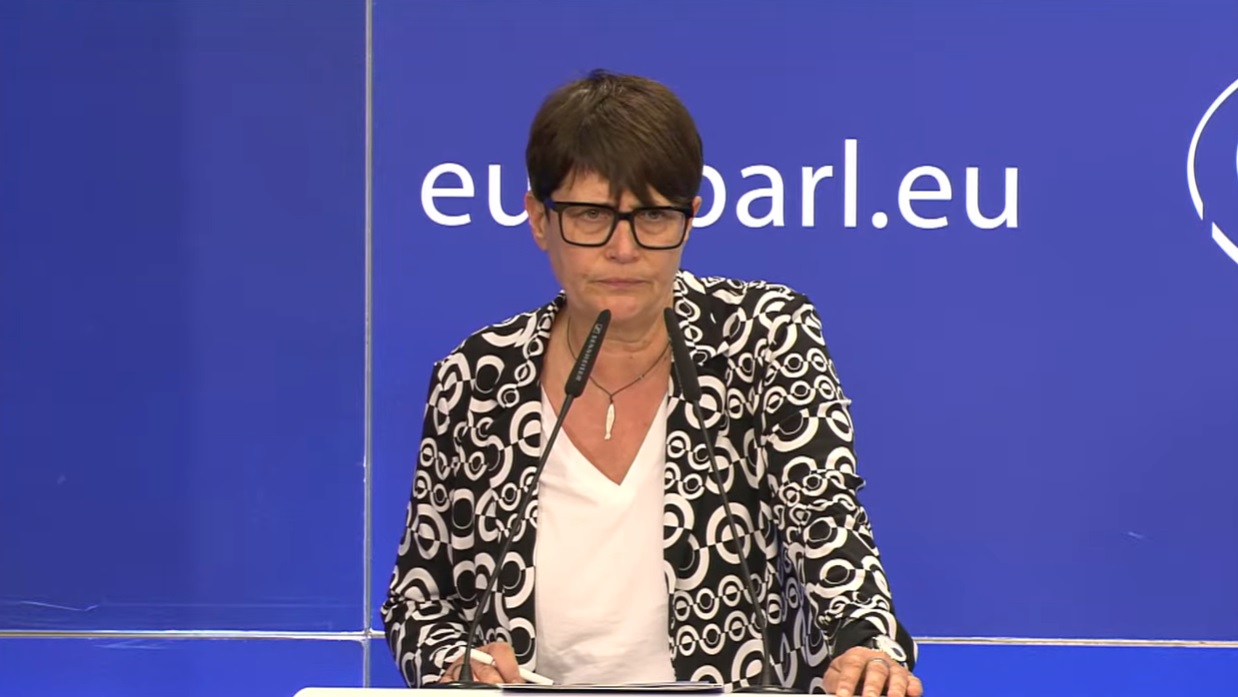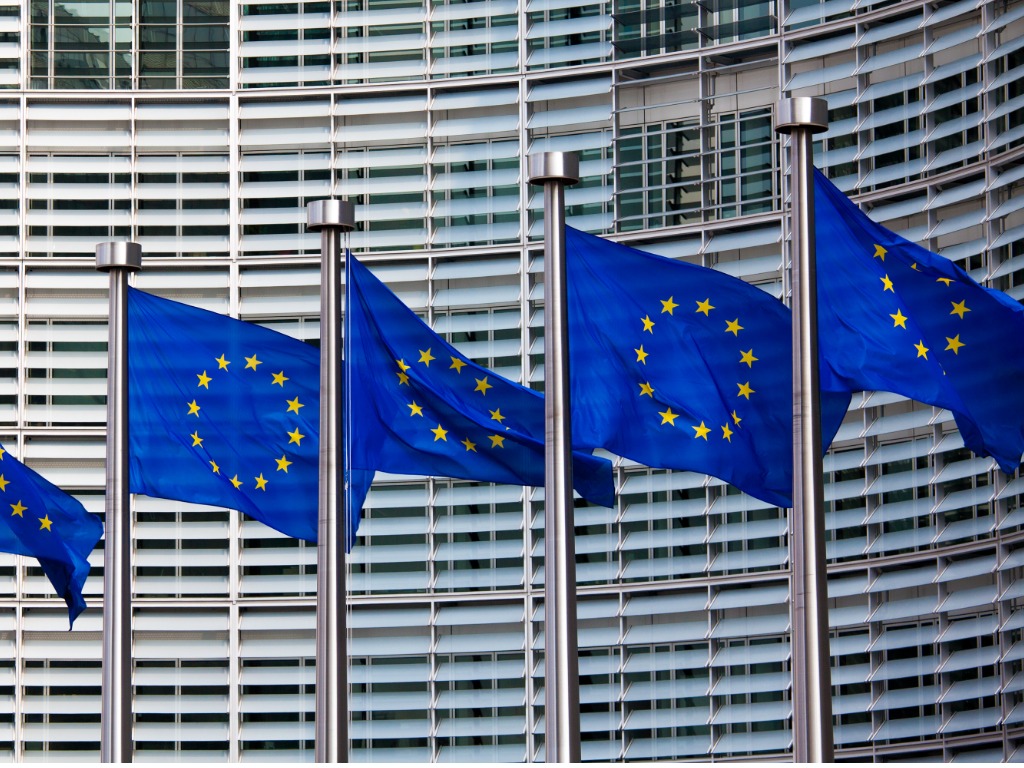EU Law to Restore Nature and Biodiversity Threatened by Deadlock in Parliament
A proposed EU law aimed at restoring and protecting natural habitats and ecosystems hit a major stumbling block on Tuesday, with the European Parliament’s Environment committee’s vote on the its proposed version of the law ending in a deadlocked 44-44 vote, with no abstentions.
The failure to reach a majority puts the future of the proposed Nature Restoration Law in doubt. The Committee on Environment, Public Health and Food Safety will now table a proposal to reject the law, which will go before a full Parliamentary vote.
The Nature Restoration Law was proposed by the European Commission in June 2022, aimed at enabling a sustained recovery of degraded ecosystems, as well as contributing to the EU’s climate objectives, and forming a key element of the EU Biodiversity Strategy.
The proposed law contains several targets covering areas including the improvement and re-establishment of biodiverse habitats in wetlands, grasslands, forests, rivers and lakes and other ecosystems, reversing the decline of pollinating insect populations, maintaining green urban space, restoring drained peatland under agricultural use, and restoring marine habitats, among others.
The proposals failed to gain sufficient support in Parliament, with the European People’s Party (EPP) leading a campaign pushing back against the law, claiming that the proposals would threaten food security and agriculture, and would work against Europe’s clean energy and climate goals, by reducing capacity of energy sources such as hydropower and biomass.
In a press conference following the vote, EPP MEP Christine Schneider said:
“If the European Commission had taken our concerns seriously one year ago, we would not be here today. This is not a day for celebration, I want to underline, even though we in the EPP Group have supported rejection.”
Following the vote, Green party MEP and Environment committee member Grace O’Sullivan said:
“We know that biodiversity collapse immediately threatens nature and agriculture. It is unacceptable for political leaders to choose to do nothing.”
The stalemate in Parliament follows a deal reached in the EU Council last week on its position on the law. Council’s agreed position included several amendments to the Commission’s initial proposal, including an article that reduces the burden for renewable energy projects, and softening other targets such as those related to peatland and marine restoration.





